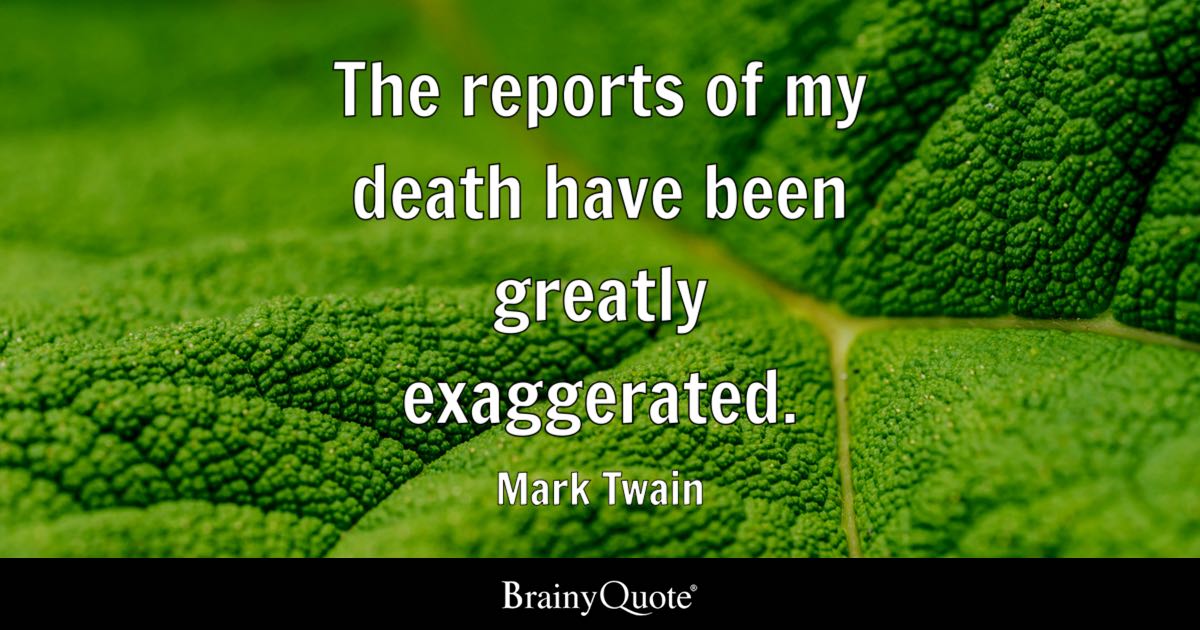It seems almost as unlikely as the firm’s name but Improbable CEO Herman Narula tells me, during our chat for the UKTN Podcast, that one of his engineering team came to a virtual staff meeting as a potato.
Despite it being the strangest sentence yet in any of my podcasts, it isn’t the most surprising thing he tells me. The whole premise of our chat is that, far from being dead, the metaverse is only just beginning to come to life.
To put that statement in context, we need to rewind the fickle tape of history for a minute. Back in 2021, everyone was talking about the metaverse, even if they didn’t entirely understand what it was.
I wrote a 4,000-word essay on it, speaking to a man who had made millions buying up virtual real estate in places like Decentraland, and others who were putting huge investments into building virtual worlds.
Back then, every brand wanted a piece of the metaverse, although these forays beyond the physical world didn’t always go quite to plan. In February 2022, Samsung famously invited the press into Decentraland for the launch of its new Galaxy smartphones but didn’t quite get the coverage it expected when many journalists failed to find the event.
And it wasn’t just that people were getting lost in the metaverse. It was clear that there was a huge mismatch between the hype and the reality. Much of that hype was whipped up by Mark Zuckerberg who, in October 2021, had changed the name of Facebook to Meta and told us all that we’d soon not only be playing games in the metaverse, but learning new skills and socialising there too.
The legless avatars in Meta’s HorizonWorlds told a different story though. They were laughably basic and there were mutterings that Meta staff, who had been mandated to spend time in the virtual world, didn’t really enjoy it. Some complained of harassment.
Then, just as suddenly as everyone had started talking about virtual reality, they stopped. ChatGPT burst onto the scene in November 2022, and the metaverse became like a forgotten toy thrown out of the pram in favour of generative AI, a platform that didn’t require a headset and yielded some pretty jaw-dropping results for those who played with it.
Improbable’s Narula, however, remains a metaverse evangelist. He thinks that while the press may have stopped writing about it, it continued to flourish.
He argues that there are more than 300 million active users of games such as Roblox, Fortnite and Minecraft and Gen Zs would find it a laughable notion that the metaverse is dead. It would, he says, be like telling them football doesn’t exist.
One of the promises of utopian virtual worlds was that they would not replicate the cesspit of bullying, misinformation and hate speech that social networks had become. But I put it to him that moderating the metaverse is pretty much impossible.
He tells me that moderation in the virtual world will be a very different beast to that of social networking, largely because people will come there to achieve a goal, such as playing a game, rather than just talk to each other. Gamers who are insulted will leave the game, he argues, so it is incumbent on makers to ensure that the worlds they create are safe and moderated well.
As the overseer of large events in virtual worlds, Improbable has some interesting data on how people behave and Narula tells me that crowds in virtual worlds act surprisingly well. It seems that people respond to social pressure virtually as they would in the real world.
He is also a believer that virtual worlds can finally free society from the vice-like grip of Big Tech. Blockchain technology and web3 will mean they will be decentralised and follow a “different economic model”, one that everyone can share in.
While much of what he says is compelling, I haven’t been entirely convinced by his argument. Zuckerberg may also not be as keen on the metaverse as he was in 2021 either, focusing instead on talking up the firm’s commitment to AI. However, just this week he announced Meta’s plans to open up the Quest operating system to third-party mixed reality hardware makers, perhaps breathing new life into the market segment.
Like many, I found virtual reality a great comfort during lockdown. Using a borrowed VR headset I visited Mount Everest and Angel Falls and screamed on virtual rollercoasters. But I also found the headset rather clunky and sweaty, and the novelty quickly wore off.
That said, I haven’t tried Apple’s eye-wateringly expensive Vision Pro yet, and some describe it as a game-changer. So maybe I need to give virtual worlds another go.
If UKTN staff meetings go virtual, I may even come as a potato.
The post Rumours of its death have been exaggerated, but can we breathe new life into the metaverse? appeared first on UKTN.


